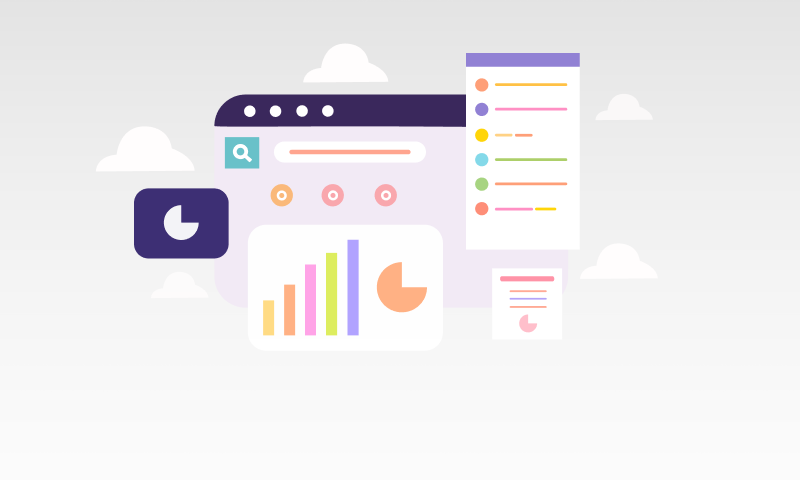Sustainable by design

This can be done by using energy-efficient hosting, optimising images, and using sustainable web technologies. Hence, sustainability in this context refers to designing and developing websites in ways that have a minimal environmental impact, are economically viable, and are socially responsible.
The internet currently produces approximately 3.7% of global carbon emissions. This is equivalent to the emissions of all air traffic in the world.
The UAE design system aims to provide components, blocks and guidelines to help the federal government of the United Arab Emirates build efficient websites. Sustainability is a goal that helps guide the design system and provides the basis towards many of the rules set forth.
The principles of a sustainable web design are:
In this series called "Sustainable by design" we further delve into discovering sustainability for the web




